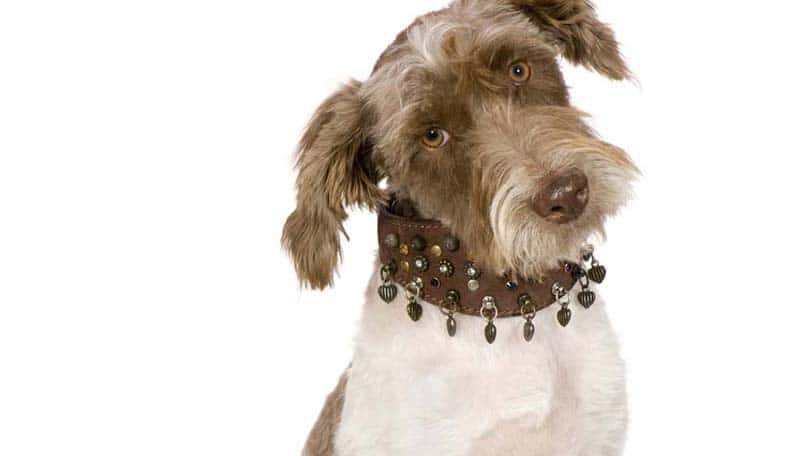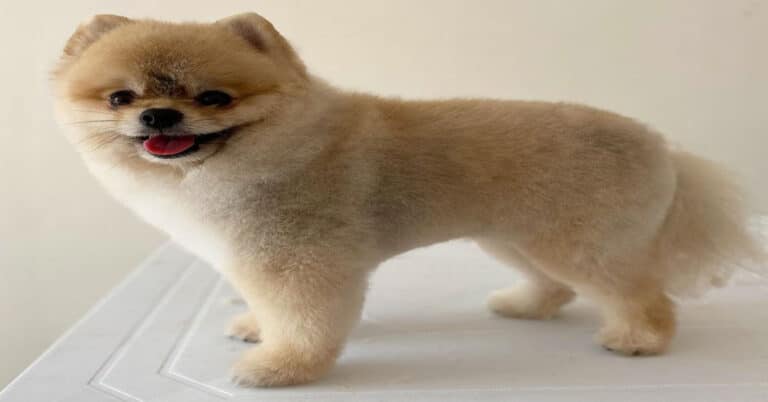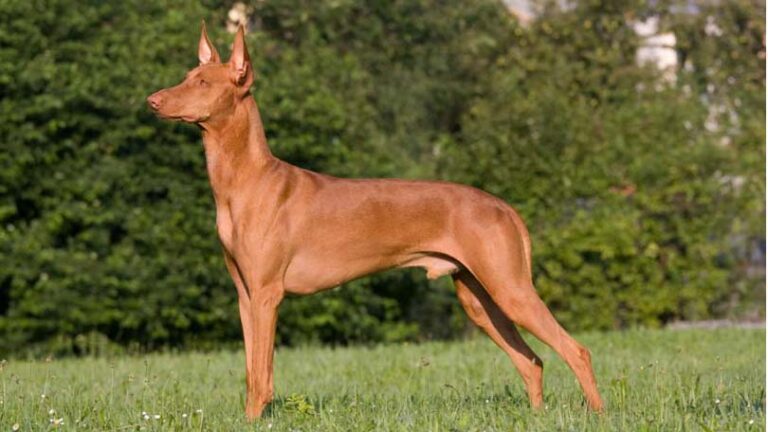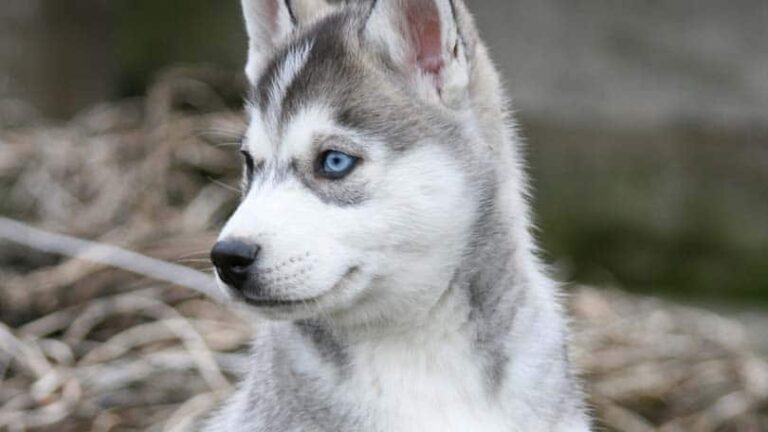Mastitis in Dogs
Mastitis in dogs doesn’t occur frequently but it happens often enough that you should be aware of the potential for the problem. You should be able to recognize the symptoms of mastitis in your bitch so you can get your bitch appropriate treatment.
Mastitis is a bacterial infection in one or more mammary glands. It occurs most frequently when a bitch is nursing and can be caused by trauma from the nursing puppies or an infection spread through the blood. It’s possible that mastitis is more common in older bitches and in breeds with short legs because they are more likely to receive trauma to the mammary glands. Poor hygiene surrounding the mammary glands can also be a factor.
Mastitis is very painful to the bitch even though the pain may be limited to the mammary gland that’s affected. In some cases, some bitches can become very ill and the bacterial infection can spread throughout the body through the blood.
Signs of Mastitis in Dogs
Symptoms of mastitis include:
- Bitch may refuse to let puppies nurse
- Swelling in one or more mammary glands
- Enlarged nipples
- Redness
- Bad-smelling or discolored milk or discharge from the mammary glands
- Painful mammary glands
- Abscessed mammary glands
- Lethargy
- Loss of appetite
- Crying puppies (can’t nurse, milk is bad)
- Sick or dying newborns
- Fever
- Diagnosis
If you suspect that your bitch has mastitis you should take her to the vet without delay. Your vet will conduct a physical exam and may need to do some tests. Tests may include an analysis of the fluid from your bitch’s mammary glands; aspiration of the material in your bitch’s swollen mammary gland; a bacterial culture; and a complete blood count (CBC).
If your bitch seems to be systemically ill — more than her mammary glands are affected — then your vet may need to do more. He or she may need to do a biochemical profile; a urinalysis, x-rays; and blood cultures.
Treatment of Mastitis
Treatment of mastitis in dogs usually consists of giving antibiotics and applying warm water compresses. You will also need to express the affected mammary glands since milk will continue to build up in them. Your vet may need to drain the glands in some cases if the infection persists. If the mammary glands are chronically infected your vet may recommend removing them, but this is a drastic measure and not something that happens very often.
If your bitch is systemically ill your vet may need to treat her with intravenous fluids.
Home Care
You will need to apply warm water compresses as long as the infection is draining from the affected mammary glands. During this time puppies are not usually able to nurse. If the puppies are old enough you can go ahead and wean them on to some puppy gruel at this point (puppy formula with ground puppy food). If the puppies are newborn or still too young to wean you will need to tube feed them or bottle feed them. Tube feeding is the best way to feed newborns. You can ask your veterinarian to show you how or ask a fellow breeder to show you. If you’re lucky you may find another nursing bitch who is willing to nurse your puppies but this is usually a longshot.
If only one mammary gland is affect you may be able to bandage it and keep the puppies from accessing the teat but you should remember that this gland will be very painful for your bitch. It can hurt her to have the puppies climbing on her so you may have to limit how much time they can spend with her at this time. She may be short-tempered with them if they hurt her too much. If your bitch can tolerate the puppies and you can keep the affected mammary gland bandaged, the milk in the other mammary glands will be all right for the puppies to drink.
Even if your puppies are able to nurse you may need to give them some additional puppy formula to supplement what they’re getting from their mother.
Prevention
It’s very difficult to prevent puppies from tugging and scratching their mother’s mammary glands. Puppies pull hard when they nurse. You can help by keeping their sharp little claws cut short. Use a simple pair of nail trimmers to trim their nails every few days.
You should also keep the bedding in the whelping box clean as well as the surroundings. Change the papers frequently and wash the blankets or padding often. This will help keep down the risk of infections.
You should also keep your bitch clean. Don’t be afraid to give her a bath during the time she’s nursing the puppies. Keep her mammary glands and tail area clean. Check her daily for signs of redness, pain or abnormal swellings or discharge.
While mastitis is usually an acute, sudden condition it is not usually considered an emergency. However, it is serious and it should not go untreated. Left untreated the glands can abscess or even become gangrenous. And puppies who are not able to nurse will die.
Mastitis usually responds very quickly to antibiotic treatment. It is still necessary to express the infected fluid from the bitch’s body. Warm water compresses will help reduce the swelling and bring the infected fluid out. It’s usually only necessary to continue this process for a few days. Then you can return the puppies to the bitch as before.
Remember to keep the bitch and the whelping area very clean and keep your puppies’ nails trimmed short. You may not be able to stop the puppies from tugging and pulling on your bitch’s nipples but you can cut down on the risk of infection and the possibility of scratches. Check your bitch for signs of mastitis each day. Mastitis in dogs is a painful condition and it is inconvenient for your bitch and her puppies, but it doesn’t have to be life-threatening provided that you act quickly and get your bitch good care from your vet.

Having discovered a fondness for insects while pursuing her degree in Biology, Randi Jones was quite bugged to know that people usually dismissed these little creatures as “creepy-crawlies”.







